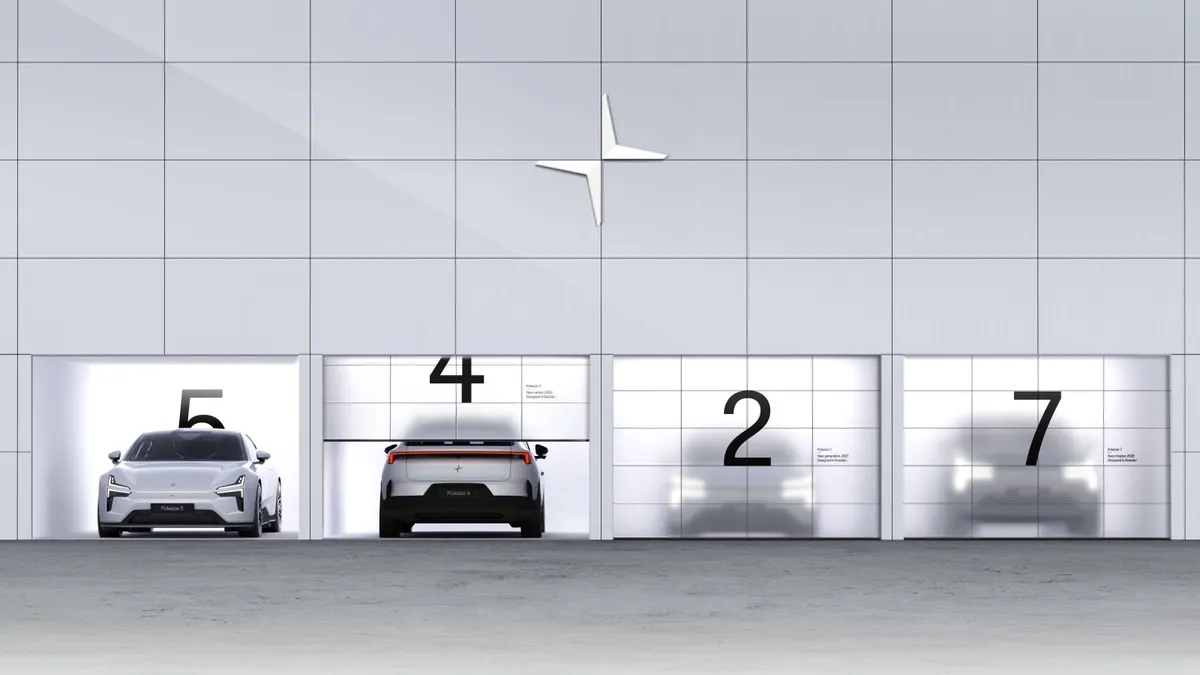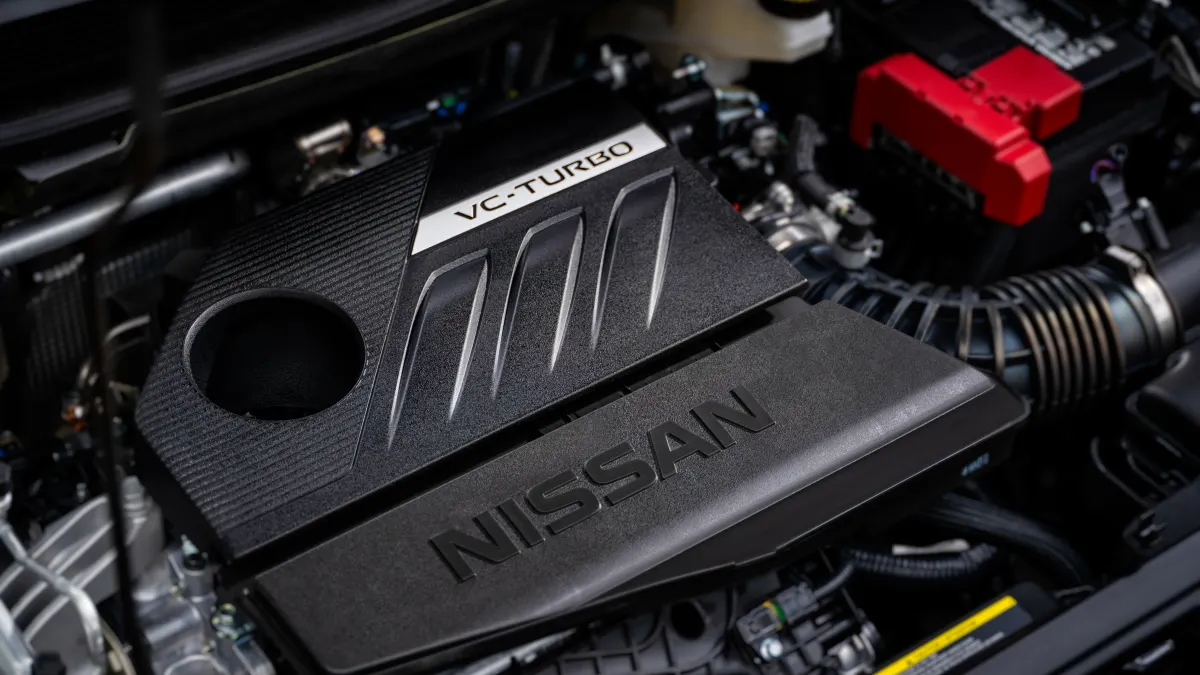Editor's note: This story is part of the WardsAuto digital archive, which may include content that was first published in print, or in different web layouts.
DETROIT – General Motors wants to increase awareness of GMC this year, an effort underpinned by arguably the biggest market push in the brand’s 100-year history, although stocking U.S. dealer lots with enough of its red-hot pickups and SUVs to match the campaign might be the greater challenge.
“Demand has outstripped supply at times,” admits Duncan Aldred, vice president-sales and marketing at Buick-GMC.
The combination of an improving economy and rising consumer confidence, along with low interest rates and gasoline prices, has been a boon for GMC. Its U.S. sales last year jumped 10.2% to 501,853 units from 450,901 in like-2013, compared to an industry that improved 5.5%, according to WardsAuto data. Its share of industry sales bumped up to 3.1% from 2.9%.
The brand’s two most profitable products, the newly redesigned Sierra large pickup and Yukon and Yukon XL large SUVs, saw demand rise 14.9% and 19.7%, respectively, in 2014. Half of Sierra sales were Denali models and nearly 70% of Yukon sales carried the top-of-the-range badge.
So far this year, GMC sales are ahead 23.4%.
“We’re sitting on a success story,” Aldred says.
GM wants more from GMC and its board of directors greenlighted the big marketing initiative to make it happen. But matching the campaign with sufficient product might be another story. Aldred is confident in the product pipeline.
“When we embark on a growth plan and we agree to invest the amounts of money we are talking about, it would not make too much sense if you turn around and you can’t build (enough),” Aldred tells WardsAuto at an event here announcing the marketing push. “A lot of time, money and energy want into ensuring that (production) capacity is there.”
GM already cannot build enough Cadillac Escalade large SUVs at the Yukon plant in Arlington, TX, its lone large SUV plant already on three shifts with weekend overtime. The Escalade, Yukon and popular Chevrolet Tahoe and Suburban also share thousands of parts, which according to WardsAuto sources has strained capacity in the supply base over the past few months.
GM’s two large pickup plants in Fort Wayne, IN, and Flint, MI, also run three crews.
Aldred says GM has been working with its suppliers to keep parts production up to pace with vehicle output.
“It is an incredibly complex business,” the executive says. “You run into thousands and thousands of parts and sometimes hundreds of suppliers, so just working through the domino effect of every little piece being available before you can build another (truck) is excruciating in detail and effort.”
Aldred admits GM might have been conservative in the production forecasts it shared with suppliers in light of the sudden plunge in gasoline prices. “A little bit,” he offers, but adds, “It was only really helping us the last three or four months of the year, (because) before that we had already experienced phenomenal growth with GMC.
“It was a happy coincidence, but sometimes you have to be lucky as well as good.”
One positive result of the brisk demand would be GMC’s average transaction prices, which are up 10% versus year-ago. And the difficult-to-get aspect of its products enhances the brand’s exclusivity in the eyes of buyers.
Longer-term, GM thinks it can push GMC’s retail market penetration from 3% to 4% within five years and to 5% within 10 years. GMC ranks 11th among 38 brands selling in the U.S.
A key part of the growth plan will be raising consumer awareness of the brand, which starts in the coming weeks with the new marketing plan.
Titled “Precision,” the campaign touts the brand’s attention to detail and is highlighted by three television commercials drawing analogies of precision from professional baseball, basketball and the bespoke fashion industry.
The decade-old phrase, “GMC: We Are Professional Grade” remains the primary tagline.
The first of the TV ads, “Fastball,” breaks this week and was developed by the agency Leo Burnett Detroit. It features World Series winning pitcher Jeremy Affeldt striking out a batter with the precision of few others in the league.
Additional TV spots, “Swish” and “Sharp” break later in the campaign.

















